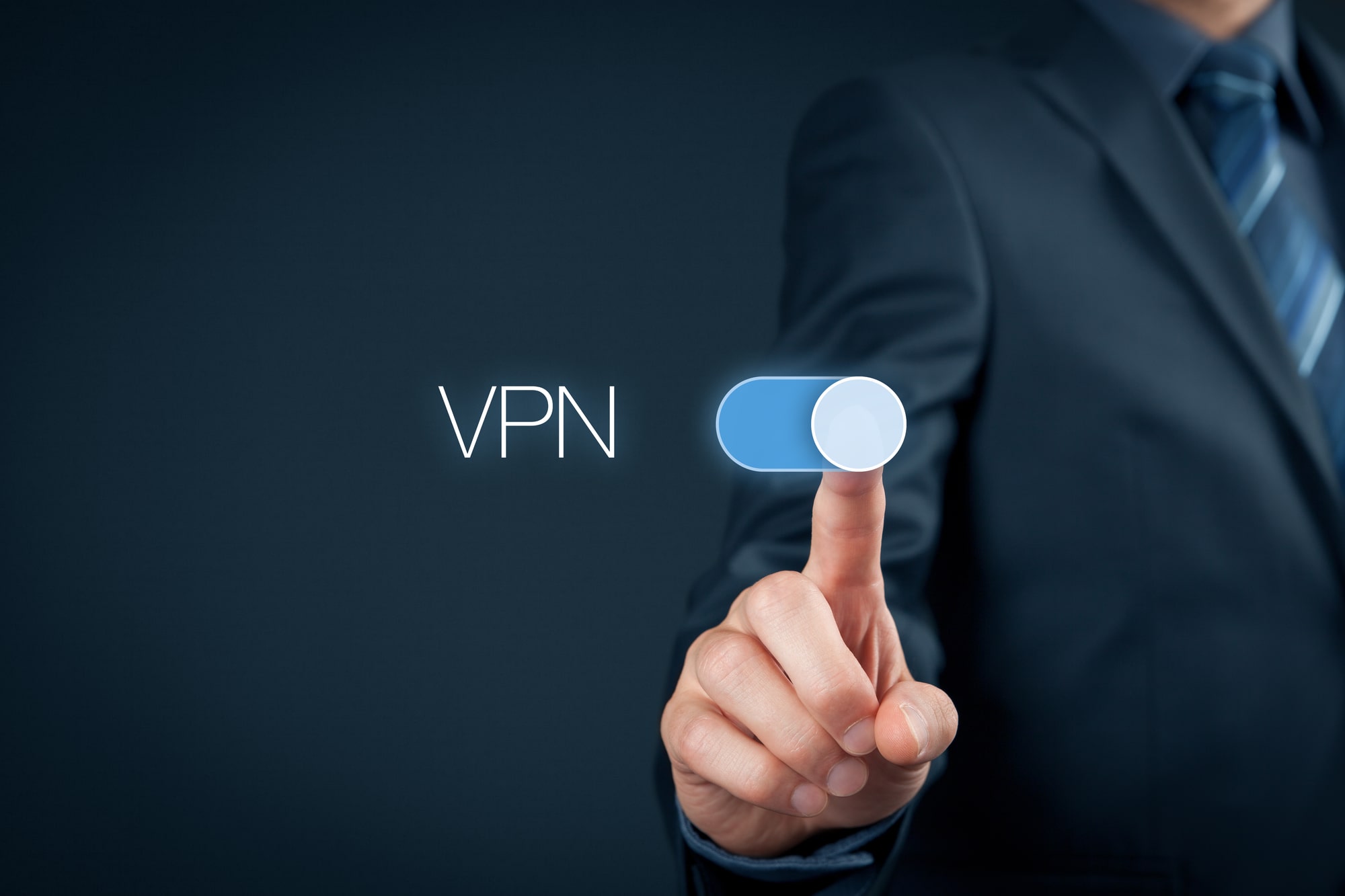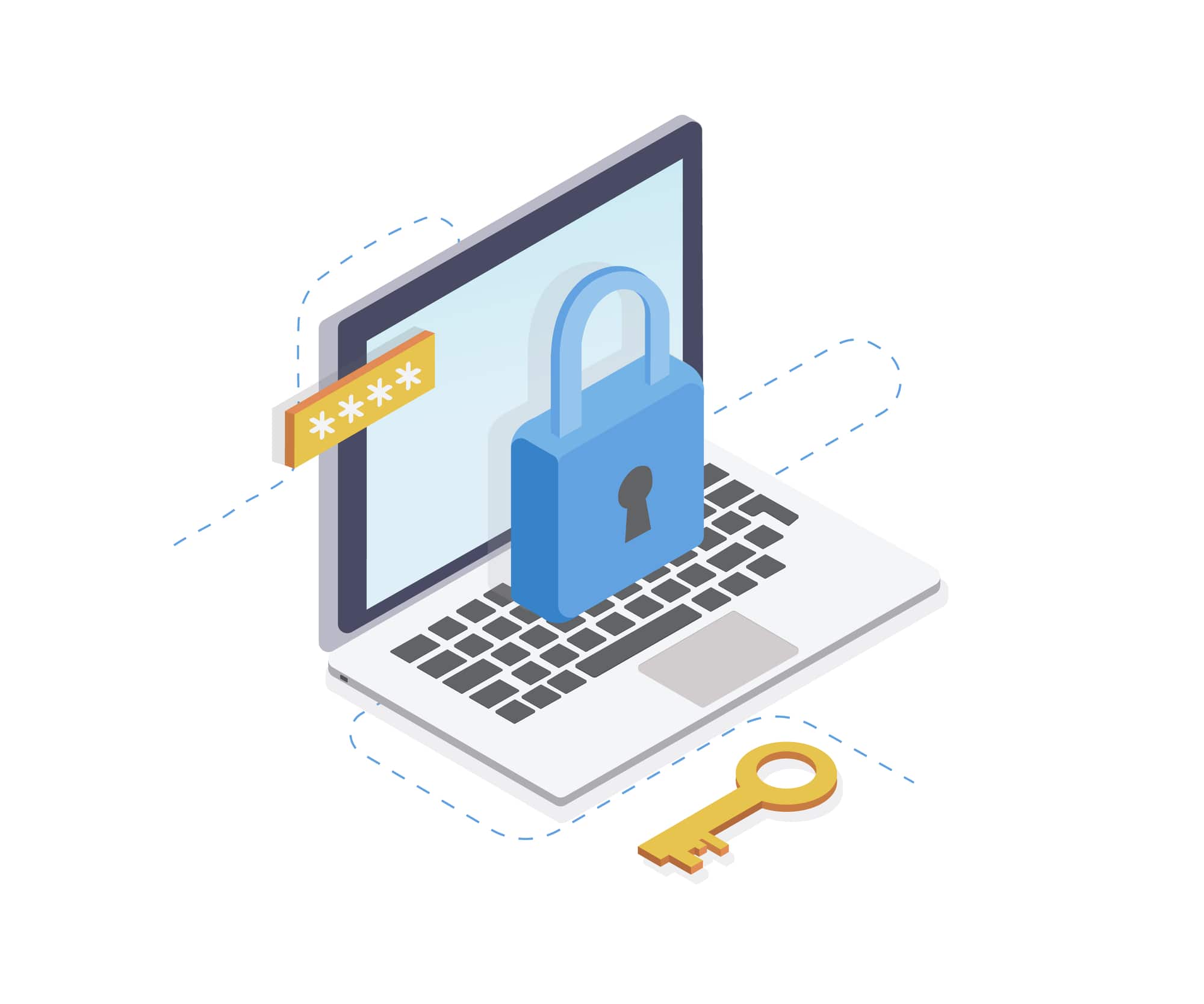
How Does a Virtual Private Network (VPN) Work?
In most cases, connecting to a virtual private network is an easy process. You will then be able to download and install the VPN software after you have subscribed to a VPN service. After that, you choose the server that you wish to connect to, the VPN takes care of the rest.
The following are some of the things that will occur to your data once the connection has been successfully established:
- - Your data traffic is encrypted before being securely transmitted to the VPN server via the virtual private network(VPN) software installed on your computer. Because of the encryption, your Internet Service Provider will not be able to monitor or access the data even if it passes via their servers.
- - The data that is encrypted on your computer is decrypted by the server that is connected to the VPN.
- - Your data will be transmitted to the internet by the VPN server, which will then receive a response that is intended for you, the end user.
- - The communication is re-encrypted by the VPN server before being delivered back to you in an encrypted state.
- - The virtual private network (VPN) software that you have installed on your device will decrypt the data so that you may read it and put it to use.
Your personal computer, tablet, or smartphone keeps the virtual private network (VPN) application running in the background. You are able to browse the internet as you normally would, and you won't notice anything unusual about the experience, with the exception of the fact that you will be able to avoid restrictions that are imposed online.

How safe is a VPN?
You might be curious about the level of security offered by your VPN provider. Your internet traffic will be rerouted so that it passes through the servers of the VPN provider instead of going directly to the internet. If the service provider so chooses, it can observe everything that you do. Because of this, it is essential that you have faith in the VPN service that you are using. The vast majority of virtual private network (VPN) services do not record or store any activity logs or user data.
However, there are VPN providers that make inappropriate use of the data that passes through their servers. For instance, some services may sell your data to advertisements. This is especially true for free virtual private networks (VPNs). These are not always risk-free options. It is essential that you perform research in advance of using a virtual private network (VPN), as a result. Later on in this piece, we will provide a few suggestions for services that provide a VPN that is both reliable and safe.